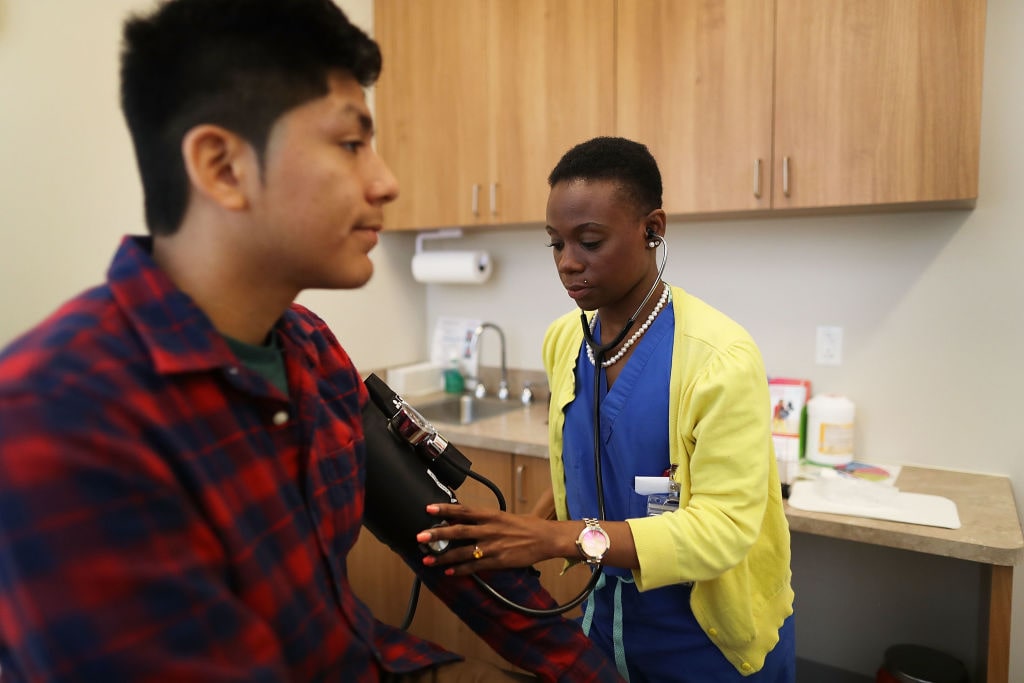New approaches to birth control for men have been in the pipeline — and getting stuck there — for decades. Finally, a novel option seems to be making its way through. A hormonal birth control gel for men is in its fourth year of a worldwide clinical trial led by UC Davis Health and funded by the National Institutes of Health (NIH). As strange as it might sound, the men participating in the trial rub the gel on their shoulder blades once a day to prevent pregnancy. The gel contains the progestin Nesterone (segesterone acetate) to prevent sperm production and testosterone to replace the testosterone lost with the sperm. Of the men participating in the clinical trial, 86% have reached the desired low level of sperm production within 15 weeks.
Birth Control Side Effects
Any man who has witnessed the ladies in their life suffer these side effects of hormonal birth control has reason to be concerned:
- Mood swings
- Worsening migraines
- More acne
- Bloating
- Nausea
- Weight gain
- Blood clots
It may come as a relief, then, that in the UC Davis Health clinical trial, aside from mood swings, troublesome side effects are arguably tamer for the men:
- Dry or oily skin
- Hair growth or loss
- Higher or lower libido
So, What’s Next, Gents?
Clinical trial researchers have requested the FDA move forward with a third and final clinical trial phase. If approved, the gel will be the first novel male contraceptive to reach a third round. If it hits the market, it will be another option for dependable men’s birth control, alongside vasectomy and condoms.
 “The development of a safe, highly effective and reliably reversible contraceptive method for men is an unmet need,” said Diana Blithe, chief of the Contraceptive Development Program at the National Institutes of Health, to the Endocrine Society. Anywhere from 34% to 82.3% of men are willing to try a novel drug, according to a systematic review of 32 studies published in The Journal of Sex Research. But will that answer change once the drug is available? Blithe told NBC News, “Initial findings showed that the contraceptive worked faster than expected.” Another important point she explained to Healthline: “What I think is not clearly recognized … is how much it means to the women who are in this trial with their partners, because they get to spend a year off birth control that they weren’t real happy with to begin with. And it’s quite a burden lifted from them.”
“The development of a safe, highly effective and reliably reversible contraceptive method for men is an unmet need,” said Diana Blithe, chief of the Contraceptive Development Program at the National Institutes of Health, to the Endocrine Society. Anywhere from 34% to 82.3% of men are willing to try a novel drug, according to a systematic review of 32 studies published in The Journal of Sex Research. But will that answer change once the drug is available? Blithe told NBC News, “Initial findings showed that the contraceptive worked faster than expected.” Another important point she explained to Healthline: “What I think is not clearly recognized … is how much it means to the women who are in this trial with their partners, because they get to spend a year off birth control that they weren’t real happy with to begin with. And it’s quite a burden lifted from them.”
“I think that this probably will be the first product that comes to market. Whenever it happens, it’s going to create a social change in the way our society thinks about responsibility for preventing pregnancy,” said Mitchell Creinin, professor of obstetrics and gynecology and family planning specialist, UC Davis Health. “It will make all of us realize that both men and women truly need to participate.”




